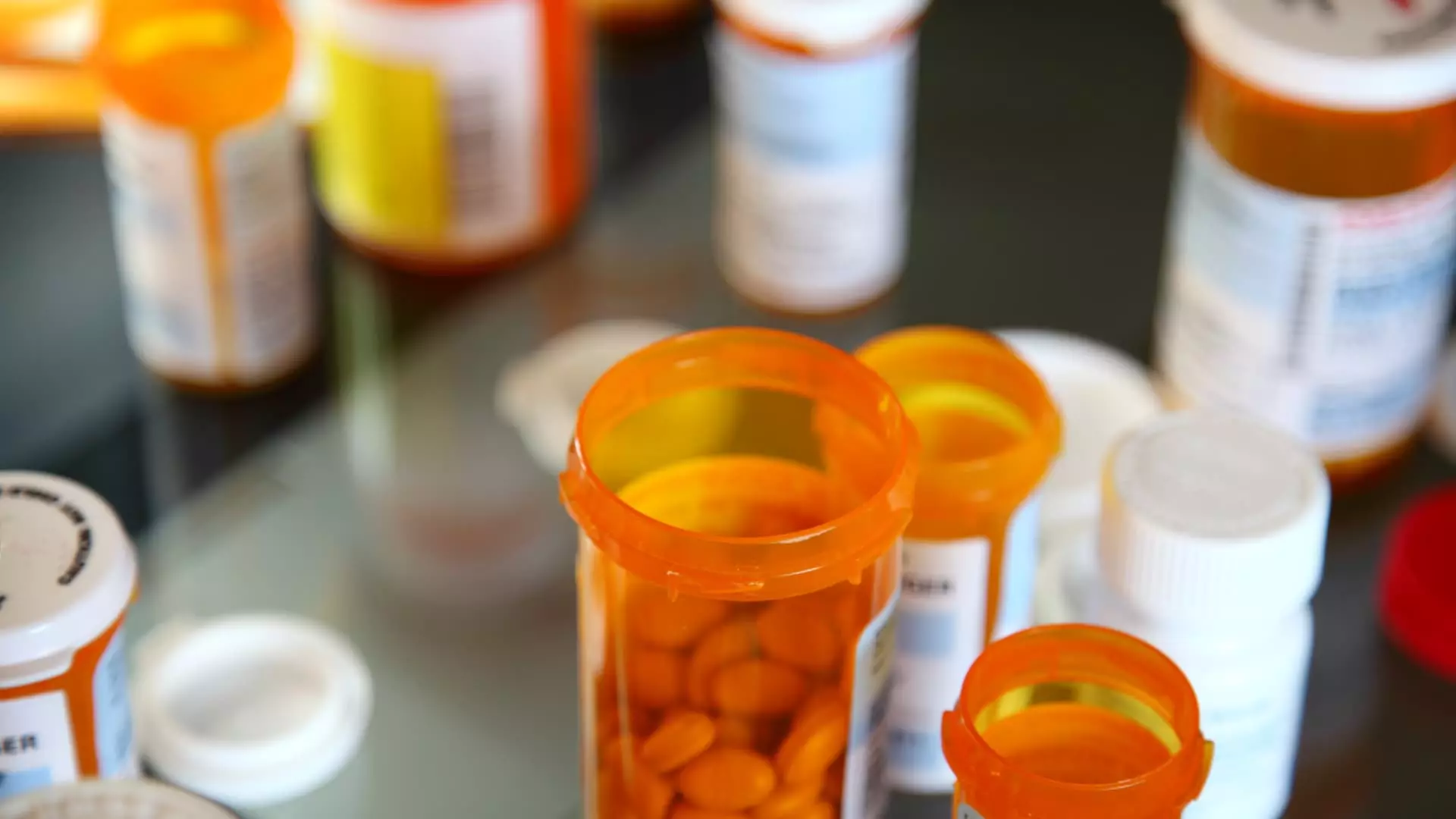The imposition of steep tariffs by the Trump administration on imports from Canada, Mexico, and China is raising alarms among healthcare advocates and industry insiders. While tariffs are often pitched as a tool for stimulating domestic production and curbing unfair foreign trade practices, the unintended consequences, especially in the pharmaceutical sector, could exacerbate drug shortages, elevate healthcare costs, and jeopardize the financial stability of generic drug manufacturers.
Impact on Drug Shortages and Access to Treatment
America is currently experiencing a significant shortfall in crucial medicines, with shortages impacting everything from essential cancer therapies to widely-used generics. These shortages are not merely an inconvenience; they can lead to rationing and inequitable access to care for patients. As tariffs impose additional costs on imported pharmaceuticals, they threaten to worsen an already critical situation. The U.S. healthcare system disproportionately relies on generic drugs, which constitute a staggering 90% of all prescriptions filled. Therefore, the risk of restricting access to these medicines is particularly concerning when patient affordability is already strained.
The reliance on global supply chains, where medications and key components are often produced abroad—especially in China and Mexico—renders the pharmaceutical market vulnerable to the ripple effects of tariff implementations. For instance, China is a significant supplier of active pharmaceutical ingredients (APIs), the core elements that make medications effective. Increased tariffs on these imports could lead to higher prices for these critical products, ultimately affecting patient care and treatment outcomes.
The economic landscape within which generic pharmaceuticals operate is characterized by low profit margins, often hovering around just 0.3%. Consequently, the introduction of tariffs can be particularly detrimental. John Murphy, the CEO of the Association for Accessible Medicines, highlights a grim reality—generic manufacturers are often operating at a loss and face an increasing number of pressures to exit unprofitable markets. The cyclic effect of tariffs threatens not just drug availability but may also diminish competition in the market, potentially resulting in higher prices for consumers.
The economic implication of these tariffs extends beyond profit and loss; it directly influences health outcomes. As generic manufacturers scale back their operations or leave the market altogether, the breadth of affordable medication options dwindles, leaving patients with limited choices and escalating healthcare costs.
The impact of tariffs is not limited to drugs alone; the broader healthcare supply chain feels the strain as well. The Healthcare Distribution Alliance, representing a network of 40 drug distributors, warns that tariffs will compound the existing financial challenges faced by the sector. Higher import costs can lead to increased expenses across the supply chain, forcing distributors to pass these costs down the line. This could further burden patients, particularly those reliant on Medicare and Medicaid services, ultimately leading to an increase in out-of-pocket expenses.
Supply chain experts warn that many hospitals and healthcare providers might face new and compounded shortages of medical products vital for everyday operations. Supplies such as personal protective equipment (PPE), syringes, and medical devices are often sourced from countries adversely affected by these tariffs. Failure to secure these items could result not only in escalated costs but also in limitations on patient care capacities.
The argument against tariffs in the context of healthcare is well-founded, as healthcare organizations and professionals have begun advocating for exemptions in the pharmaceutical and medical device arenas. AdvaMed, representing the medical technology sector, emphasizes the potential for increased shortages and raised patient costs due to tariffs. With the U.S. already experiencing strains in its healthcare system, the additional burden of increased prices and supply insecurities could have dire implications for patient care and medical innovation.
Moreover, experts are urging that tariffs should focus on addressing unfair trade practices without compromising essential industries that support public health. For the United States to secure its position in global healthcare innovation, it must prioritize policies that protect access to affordable medications and medical supplies, rather than exacerbate existing challenges.
The implementation of tariffs on pharmaceuticals and medical supplies could generate profound consequences for the U.S. healthcare system. As pressures on drug manufacturers and healthcare providers intensify, the potential to exacerbate drug shortages, escalate prices, and deteriorate access to essential treatments looms large. Policymakers must weigh the intended benefits of tariffs against the substantial risks posed to public health and strive for strategies that promote the sustainability of affordable healthcare in America amidst growing economic pressures.

